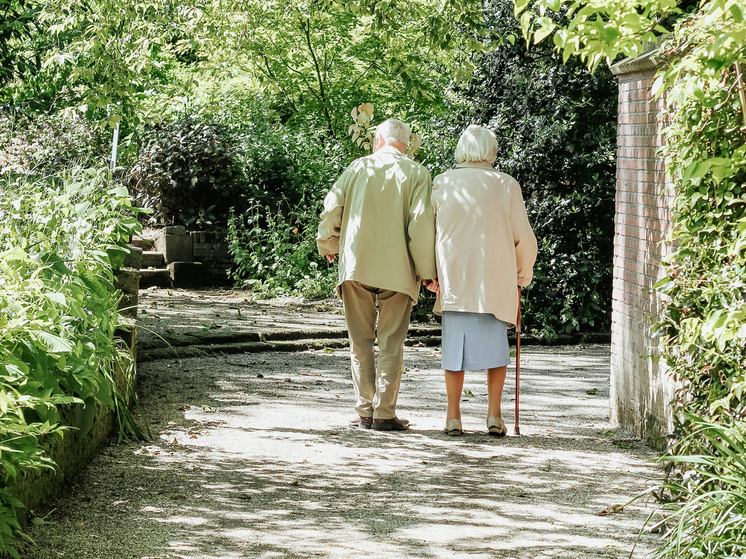At the Council of the Russian Academy of Sciences they talked about the mechanism of life extension
The intestinal microbiota ages along with its host. The head of the department of molecular microbiology and bioinformatics of the Research Institute of Systems Biology and Medicine, member RAS correspondent Elena Ilyina.
 Photo: unsplash.com
Photo: unsplash.com
Until recently, according to Ilyina, issues of aging were grouped around what happens to the human body, for example, around its genomic rearrangements. But with the accumulation of knowledge that a person is a mega organism, and there is another genome in it — this is the genome of microflora, researchers have entered a new vector of searching for the reasons for the decline of the body.
Elena Nikolaevna recalled that along with the decline physical and cognitive functions, subacute inflammation of the body (inflammation), which occurs in a person closer to 70 years of age, the microflora also changes. However, scientists have not yet figured out what comes first.
With the aging of the intestinal microbiota, according to her, fecal bacteria and bifidobacteria leave it, the number of bacteroides decreases, and, conversely, Akkermansia, ruminococci and eubacteria increase.
Fecalibacteria are one of the most numerous and important groups of bacteria in the human intestinal microflora. Normally, they constitute about 5% of the total number of bacteria in the human large intestine. They have anti-inflammatory properties;
Bifidobacteria — provide physiological protection of the intestinal barrier from the penetration of microbes and toxins into the internal environment of the body;
Bacteroides — are involved in the processes of carbohydrate fermentation, protein utilization and biotransformation of bile acids;
Akkermansia is one of the the main bacteria in the intestines that decompose mucus;
Ruminococci are sugar-loving bacteria, an increase in the number of which is associated with inflammatory bowel diseases, irritable bowel syndrome, and colon cancer.
Eubacteria — belong to normal intestinal microflora, but half of them can cause inflammation.
Using the example of a study by Chinese scientists from the city of Jiaolin, Elena Ilyina showed the relationship between intestinal microbiota and life expectancy. She named lactobacilli as one of the key bacteria leading to longevity.
The scientist also drew attention to experiments on transplanting healthy microbiota from young mice to their aged relatives. As a result, the aging of the latter slowed down. Similar studies are being conducted in many countries around the world.


